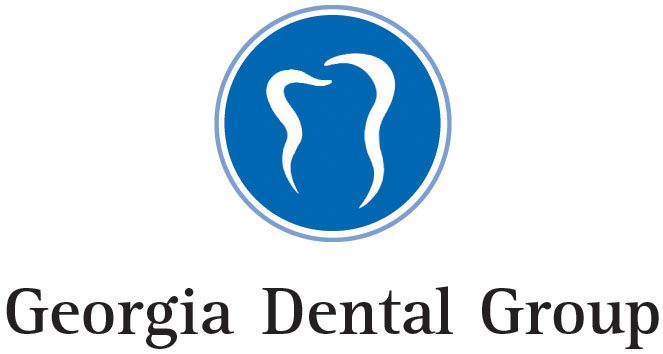Cold Sores in Downtown Vancouver
What Are Cold Sores?
Cold sores are small, fluid-filled blisters that appear on or around the lips, cheeks, or nose. They are caused by the herpes simplex virus type 1 (HSV-1). Once infected, the virus remains dormant in your body and can reactivate periodically, leading to outbreaks.
Key Facts
* Highly Contagious: Cold sores are highly contagious, especially when the blisters are open and weeping.
* Triggers: Outbreaks can be triggered by stress, fever, hormonal changes, sun exposure, or trauma to the area.
* Symptoms: Before a blister appears, you might experience tingling, itching, or burning in the affected area.
How Long Do Cold Sores Last?
A typical cold sore outbreak lasts for 10-14 days. The progression usually involves:
* Prodrome: 1-2 days of tingling, itching, or burning.
* Blister Formation: Small, fluid-filled blisters appear.
* Rupture: Blisters rupture, forming shallow, open sores.
* Scabbing: A yellowish crust forms over the sores.
* Healing: The scab falls off, and the skin heals.
Treatment and Management
While there’s no cure for HSV-1, several treatments can help alleviate symptoms and shorten the duration of outbreaks:
* Antiviral Medications: Prescription antiviral creams or oral medications (like acyclovir, valacyclovir, or famciclovir) can reduce the severity and duration of outbreaks, especially if started at the first sign of tingling.
* Over-the-Counter Creams: Topical creams containing docosanol or numbing agents can provide temporary relief from pain and discomfort.
* Pain Relievers: Over-the-counter pain relievers like ibuprofen or acetaminophen can help manage pain.
* Cold Compresses: Applying a cold compress to the affected area can reduce swelling and discomfort.
* Avoid Triggers: Identifying and avoiding triggers like stress and sun exposure can help prevent outbreaks.
* Lip Balm with SPF: To prevent sun triggered outbreaks, use lip balm with SPF.
Important: Postponing Dental Treatment
If you have an active cold sore, it’s crucial to postpone any non-emergency dental treatment. Here’s why:
* Contagion Risk: Active cold sores are highly contagious, and dental procedures can spread the virus to other areas of your mouth or to our dental staff.
* Increased Irritation: Dental procedures can irritate the cold sore, prolong healing, and increase discomfort.
* Potential for Spread: Dental tools and water spray can spread the virus to other areas of your face and mouth.
Recommendations
* If you feel the beginning of a cold sore, please call our office to reschedule your appointment.
* Wait until the cold sore has completely healed before coming in for your dental treatment.
* Inform our staff of any history of cold sores, so we can take appropriate precautions.
* An antiviral medication prescription can be provided by one of our doctors or by your family doctor.
*If within the first 24-48 hours of onset symptoms; we can offer laser treatment around lesion to stop it from progressing.
We’re Here to Help!
Your oral health is our priority. If you have any questions or concerns about cold sores or your dental treatment, please don’t hesitate to contact us.
